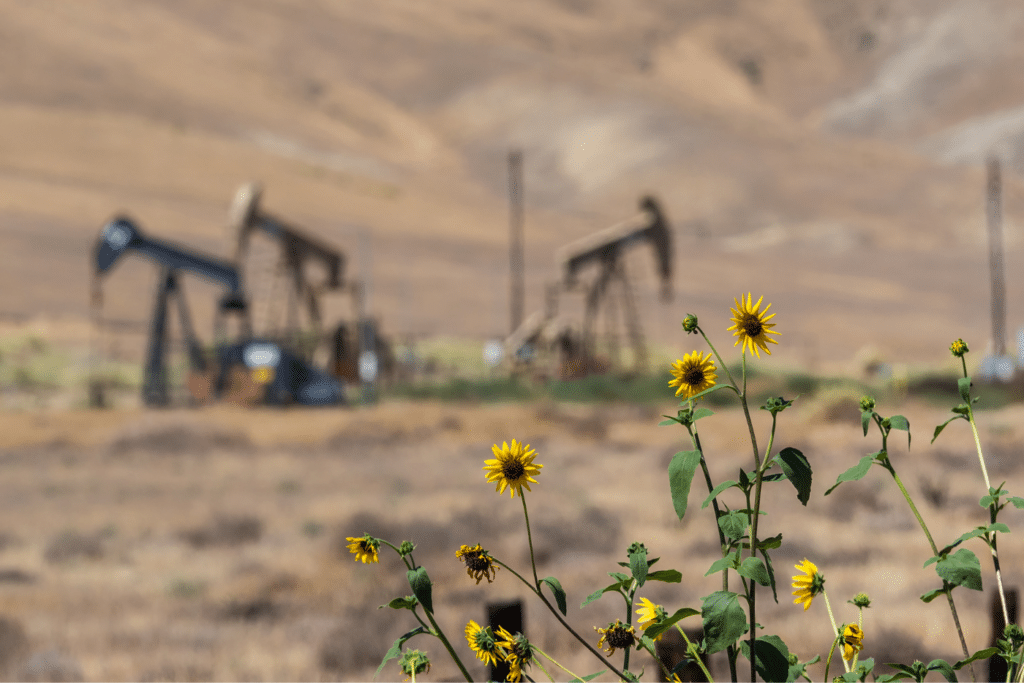If you own large parcels of land, such as a farm or ranch, are you aware of the multiple ways you could draw additional wealth from your property? Land is a finite resource, and surging interest from real estate investors is creating steep values on farmland, especially in the Midwest. But many landowners are not utilizing their property to its fullest potential, missing out on additional passive income possibilities. Growth in renewable energy markets especially has created profitable lease opportunities that may be new territory for some landowners.
In this article, we’ll explore some of these alternative revenue sources and what you need to consider to minimize your risk.
Energy Production
In southern states, such as Oklahoma and Texas, farmers and ranchers have leased mineral rights to oil companies for decades. An offshoot of the mineral-rights lease involves the use of the related surface acreage. In the past, this aspect hasn’t been looked at very seriously, but it can provide significant revenue in the form of damage payments and/or surface-use lease payments that pertain to the drilling activity and ongoing production. In addition to the income potential, this places short- and long-term controls on usage and property access, which the energy companies need to abide by.
In more recent years, emerging energy sources such as solar and wind power are creating additional opportunities for landowners in many parts of the country. Companies are looking for available land that is optimal for wind turbines and solar arrays, which can open the door to new income for landowners who find themselves in the right location—near transmission lines and with desirable topography.
If you’re in the proximity of an energy opportunity, or you’re approached by an energy company regarding the use of your land, the financial benefits can be attractive. But, it’s also wise to know the right questions to ask and to seek the counsel of an experienced attorney and real estate specialist.
Important considerations to keep in mind:
- Energy companies are big businesses and want the most favorable deal they can get. They typically employ top professionals to negotiate on their behalf. These can be complex, high-ticket negotiations. It’s in your best interest to find knowledgeable counsel who can help you negotiate the best financial outcome while also protecting the long-term value of your land.
- You want to ensure any agreement you enter into with an energy company has as much protection for your land as possible. Here are just a few example considerations:
- Compensation for surface damages: What payment amount will cover the impacted acreage, plus additional effects on adjoining acreage, as a result of installing energy infrastructure, such as oil wells, wind turbines or access roads?
- Post-construction cleanup: Is the operator (lessee) clearly required to clean up after the construction of any energy infrastructure or pipeline? Is topsoil restoration required so crops and grass grow back?
- Indemnity language for environmental issues: Liability should be the responsibility of the operator/lessee as much as possible. It’s key to protect the landowner here.
- Abandonment clauses: If the energy company ceases to use its resource for a certain period of time, does it void the easement, or do they have access in perpetuity?
- Compensation for surface damages: What payment amount will cover the impacted acreage, plus additional effects on adjoining acreage, as a result of installing energy infrastructure, such as oil wells, wind turbines or access roads?
- You always want to consider how an agreement you make today could impact your family decades from now. For example, I have seen an easement drawn up in the 1920s that, due to a lack of specific detail, negatively impacted the landowner in the present day.
Allow Companies to Use Your Land for Carbon Capture
As industrial and manufacturing companies look for more environmentally friendly solutions for C02 emissions, a relatively new opportunity for landowners is carbon capture and storage. An example is property near an ethanol plant. Plants such as this are adapting by filtering out the C02 and subsequently injecting and permanently storing the CO2 underground. For landowners, this creates an opportunity for lease income or perhaps a payment similar to produced water disposal, which is common in oil and gas areas. Location is key, and this process can possibly conflict with oil and gas production, if applicable, so it is important to coordinate with related stakeholders.
Cash Rent or Crop Share Lease Your Land
Cash rent or crop-sharing agreements are the most traditional ways to make money on your land without farming it yourself. In a cash rent or leasing agreement, the landowner receives a set payment in exchange for allowing another party to farm the land. In a crop-share agreement, the renter pays the landlord based on a percentage of the gross income from crops grown on the property during the lease period. You want to be aware of the advantages and disadvantages—and tax implications—of both arrangements, depending on your individual circumstances.
Important considerations to keep in mind:
- It’s important to understand the market trends in your area for land and rent prices, so you can negotiate the best deal.
- You should have a system for screening the best possible tenant who will pay you a favorable lease value while also taking good quality care of your property.
- It’s a good idea to have a process for periodically inspecting your property and ensuring the tenant is operating within the terms of the agreement.
How a Real Estate Specialist Can Help
A real estate specialist can help you identify income opportunities for your property that you may not even be aware of, while also helping you protect your property and liability long term. When the stakes are high, it’s reassuring to have an experienced second set of eyes that can look at the trends occurring in your area and what opportunities are possible based on the location of your property. At Private Wealth, our real estate specialists have decades of experience working with energy companies. We have expertise negotiating land use and lease agreements for clients, in addition to working daily with our Private Wealth energy advisors. We partner with attorneys and your other trusted advisors to analyze your opportunities from every angle. We also manage the day-to-day administration of lease agreements, including periodic property inspections and monitoring of agreement terms. We know what to look for to ensure you receive top dollar for the value of your lease while also making sure you, your family and your property are protected for years to come.
Are you getting the most out of your land? Reach out to a Private Wealth advisor for a free assessment.






